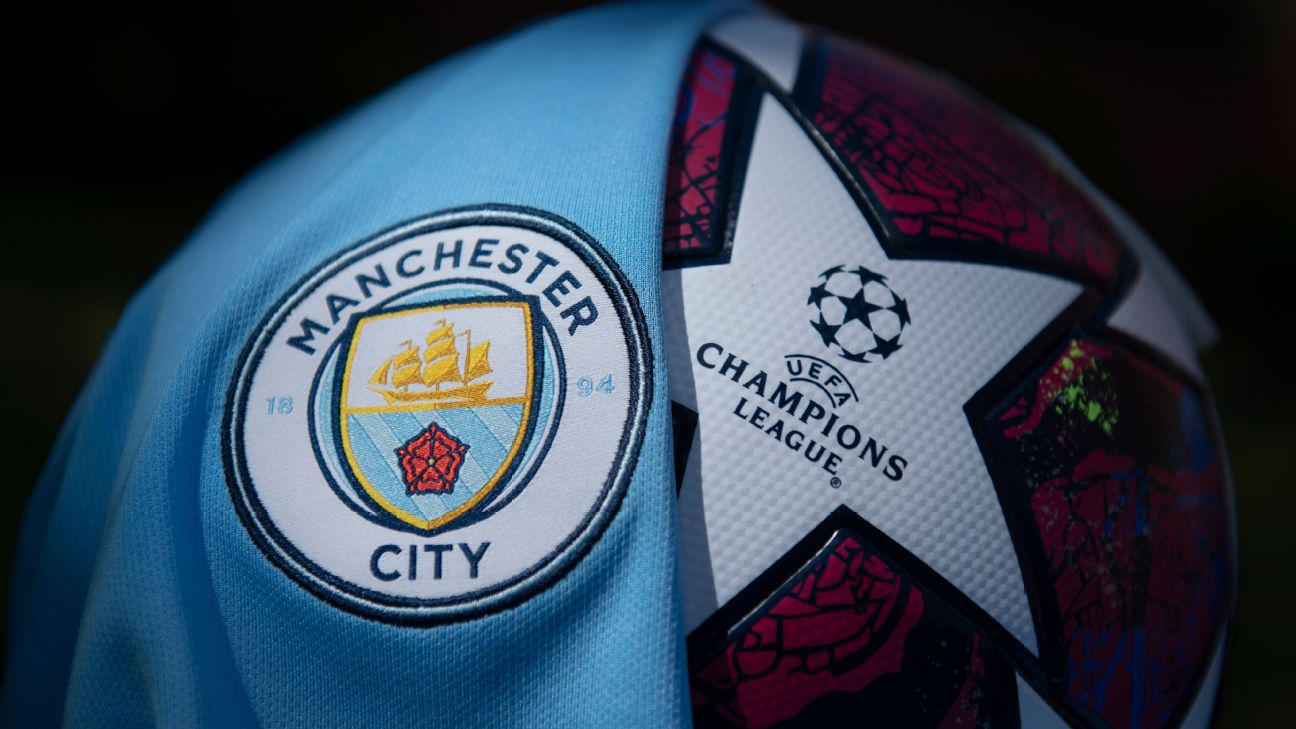The most prestigious trophy in all of football (at a club level) is known as the Champions League. The most elite teams battle it out each year to determine the kings of Europe; during the competition’s 65-year history, only 22 clubs have held the privilege of becoming UCL title winners. A viewership average of around 400 million almost doubles that of the Super Bowl, but the process can become quite confusing for anyone new to the sport. Read on for our complete structural breakdown of the most important tournament in European soccer.
Champions League History
The competition was founded in 1955 and has since undergone multiple stages of development to become what it is today. Initially, the UCL was a knockout-style tournament with exclusivity for the winners of top-flight leagues from sixteen European countries. In 1992, then known as the European Champion Clubs Cup, saw UEFA alter the rules and change the name to the Champions League. A round-robin group stage format was added before the knockout rounds, therefore allowing the top four teams from each country to participate.
Spanish giants Real Madrid have dominated the tournament throughout history, winning the competition for the first five years of its existence and 13 times overall. Their impressive run during the 1950s came to an end when Portugal’s S.L. Benfica dethroned them, winning the final for two years consecutively. Sports betting statistics will provide tempted odds for the UCL because of how unpredictable it has become.
In 65 years, a mere 10 European countries, split between 22 different teams, have had the privilege of bringing the trophy back to home soil. Winning the tournament is extremely difficult simply because it harbours the most talented soccer clubs on the planet.

Real Madrid’s Champions League dominance is still relevant 60 years on; they won the tournament in 2016, 2017, and 2018 to mimic their consecutive streaks of the past.
Champions League Qualifiers
Before the group stage takes place, multiple rounds of qualification take place. These rounds determine the six teams from the European countries ranked 11-55 by UEFA (the competition’s governing body) that make it to the group stage. UEFA will rank each country in order of quality and difficulty. They are ranked between 1-10. Certain countries will consistently rank high such as England, Spain, Germany, Italy, France, Portugal, and the Netherlands; however, rankings can change depending on the league’s standards. The champions and runners up of these countries ranked 1-6 qualify for the group stage; domestic success up to 4th place will also qualify for the group stage.
Two positions are reserved for the clubs who won the Champions League and the Europa League cup during the previous season. The limit of teams allowed to qualify for each country is five, and if Real Madrid were the current champions, that would give Spanish teams a potential fifth candidate should Madrid fail to finish in the top four of their domestic league. The bad news, if two teams from the same country collect both European cup trophies and place outside of the top-four, the fourth-place team that season would not qualify because six teams from one country are now allowed.
Champions League Group Stage
32 teams are split into eight groups of four entitled Group A, B, C, D, E, F, G, and H. Teams representing the same country are divided, and teams will compete against each other twice (home and away), allowing the home advantage to become equal. A win earns each team 3 points, and a drawn game gives each competitor 1 point. The group winner and 2nd place will advance to the knockout rounds (Round of 16), while the team who finishes in 3rd place will enter the Europa tournament. These group stages take place in September-December.

Manchester City will attempt to put their name down in history for a first-ever UCL win in this year’s final. An all-English final versus Chelsea will occur as the Blues attempt to replicate their Champions League win from 2011.
Champions League Knockout Round
The most anticipated stage of the tournament begins in February, with the final round of 16. The winner of each group is faced with the runner-up of another group, and again, teams from the same country (or association) cannot play against one another. These fixtures are two-leg matchups (home and away), and goals scored away from home become a deciding factor if both games are drawn; both scores from each match compiled together are known as the aggregate score. If the aggregate score is level and both teams have equal away goals, the tie will be decided with extra time and a penalty shoot-out if required.
Teams from the same country can cross paths once the quarterfinal and semi-final stages are reached; these ties are also two-legged fixtures that use the away goals ruling. The final two teams who surpass these stages meet in a single match final during the month of May, with a neutral location chosen to eradicate a home advantage.
